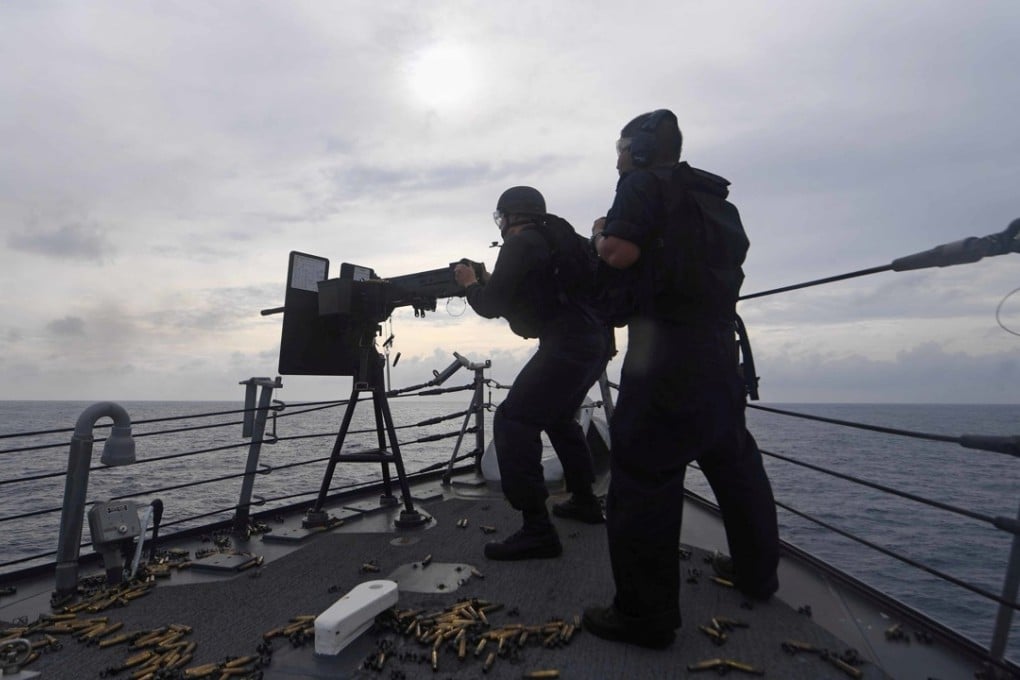On Reflection | US-China tensions: is war the endgame in the South China Sea?
A close encounter between a Chinese destroyer and the USS Decatur may have been an attempt by Beijing to keep tensions from crossing into an outright armed confrontation for which neither side is ready

This latest Chinese action in the South China Sea could have been meant as a tit-for-tat move by Beijing to express displeasure, yet it may also be an attempt to keep tensions from going past boiling point and crossing into outright armed confrontation. Neither power is ready for such an eventuality. The political and economic repercussions are too colossal as even a thought to entertain.
For one, the South China Sea remains an international medium through which the global community at large enjoys freedom of passage by sea or air. Thus far, there has been no attempt by any party to impede civilian passage. That would amount to an act of aggression on international economic well-being, since an estimated one-third of the world’s shipping passes through the sea.
This is, however, not the same for military passage. Beijing has challenged foreign military aircraft flying close to its garrisoned South China Sea features – much as, in this latest case, its destroyer’s manoeuvres challenged those of the USS Decatur.


